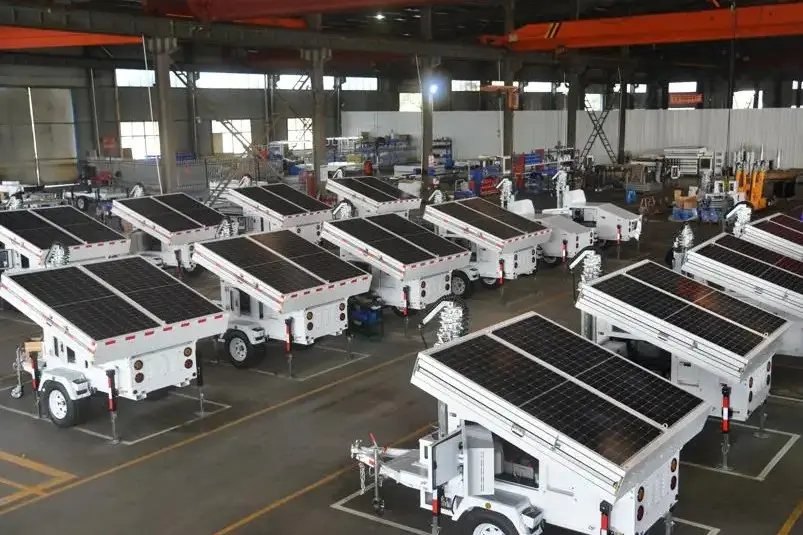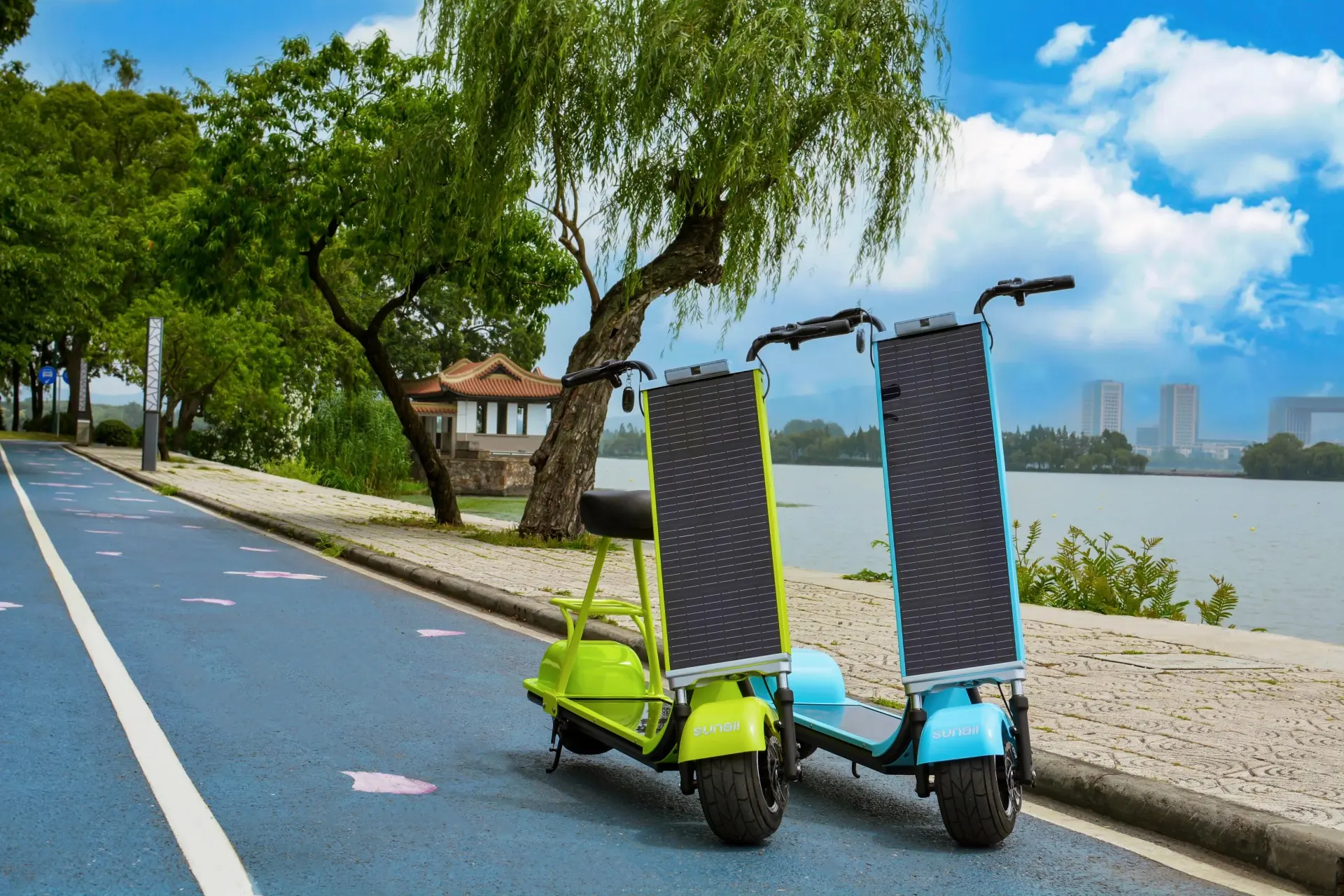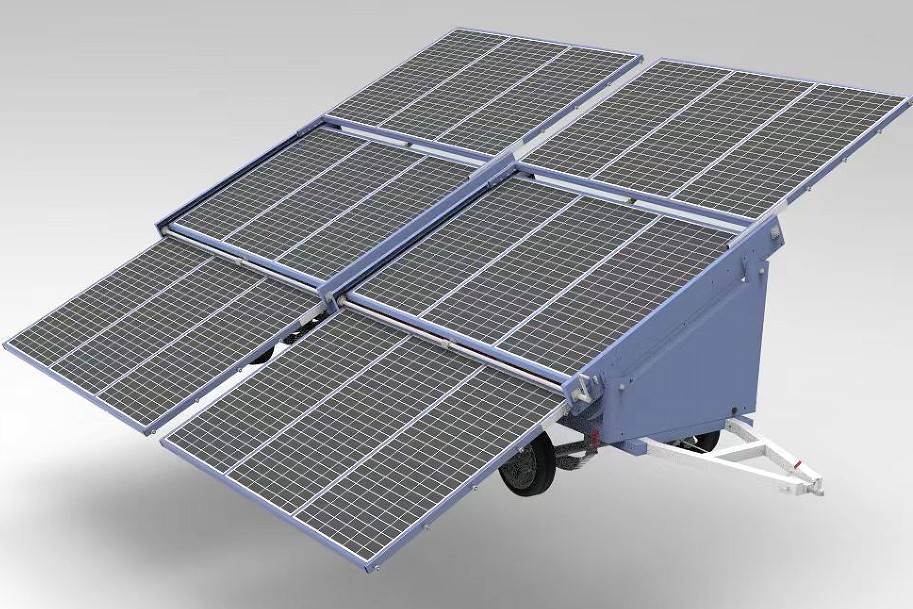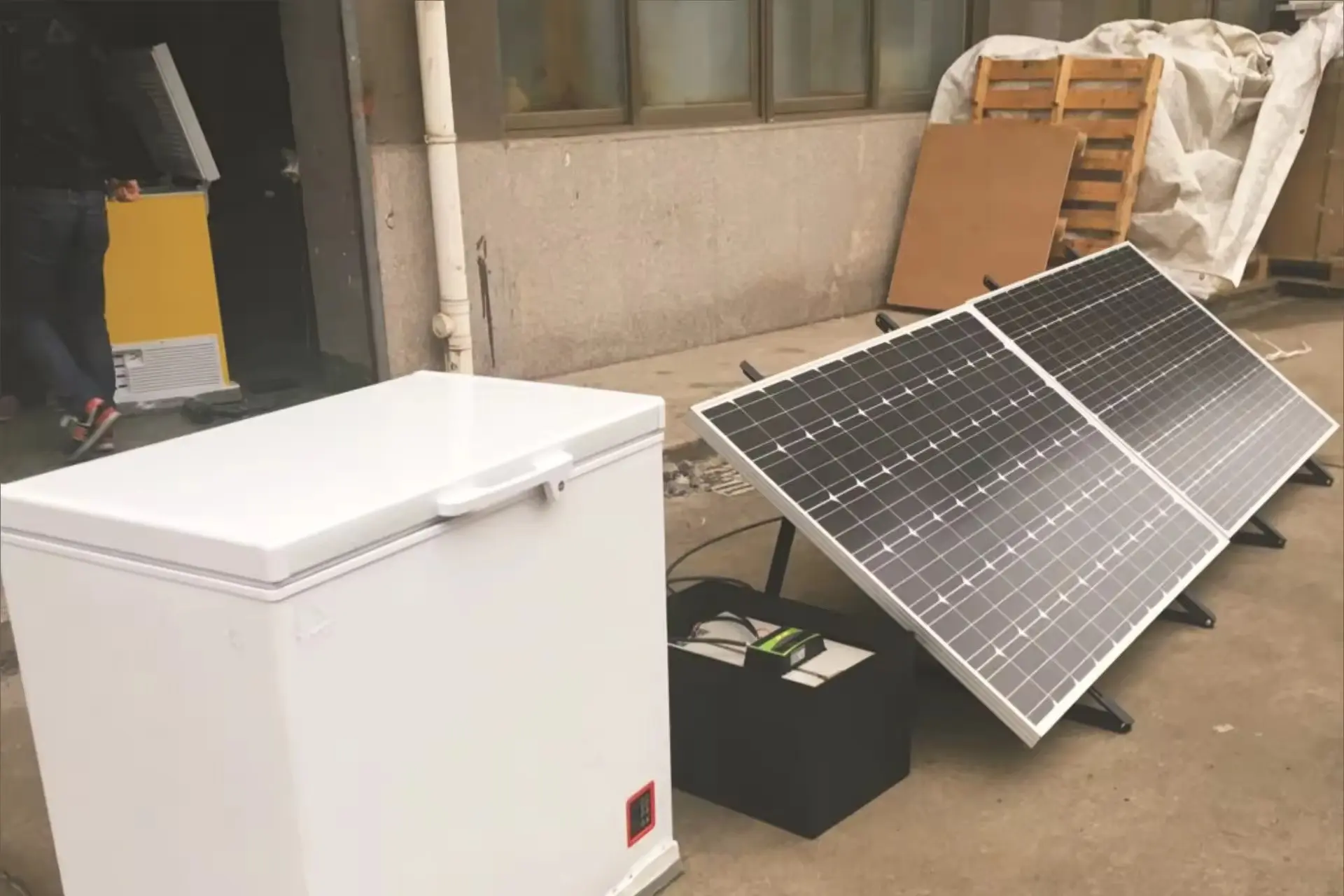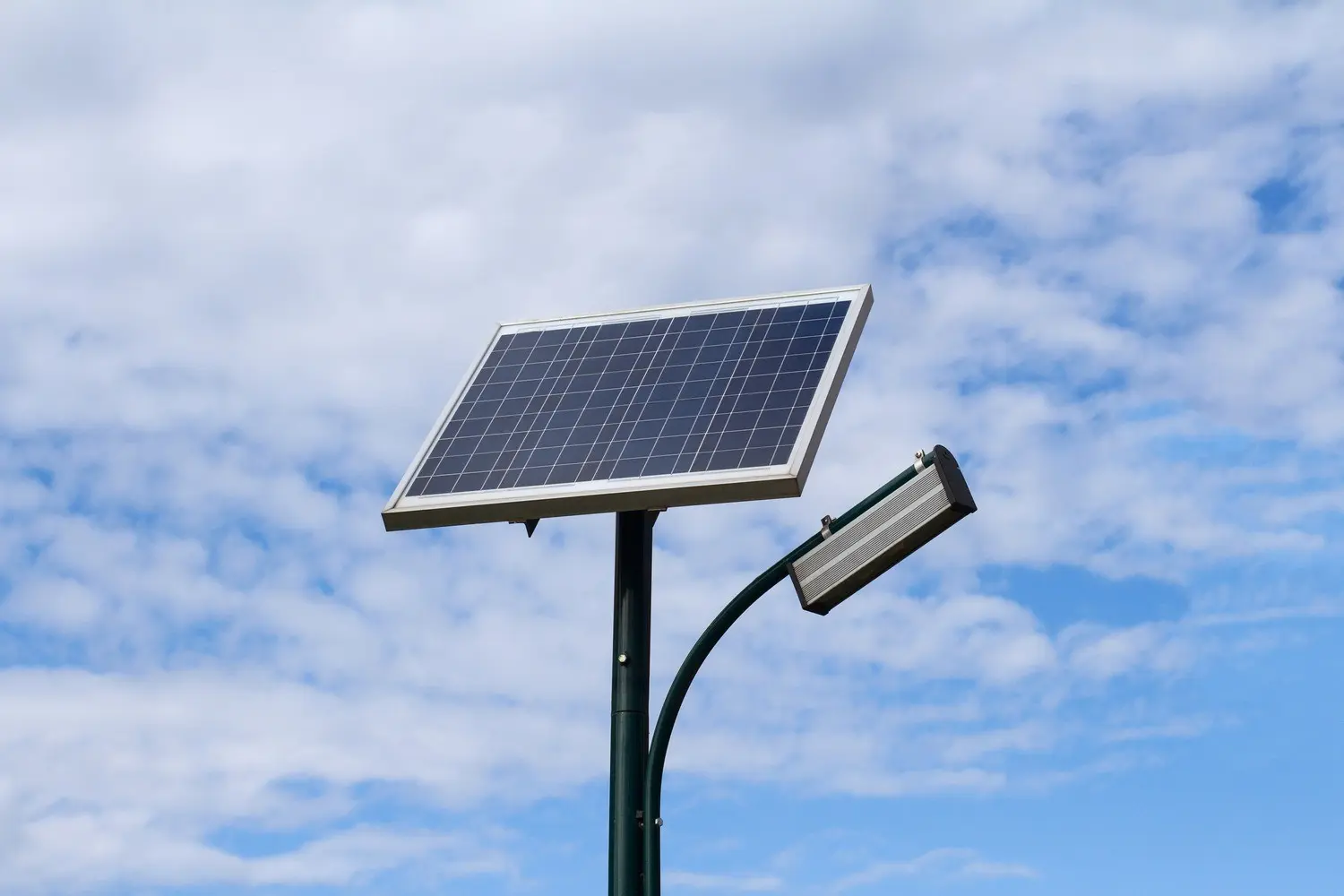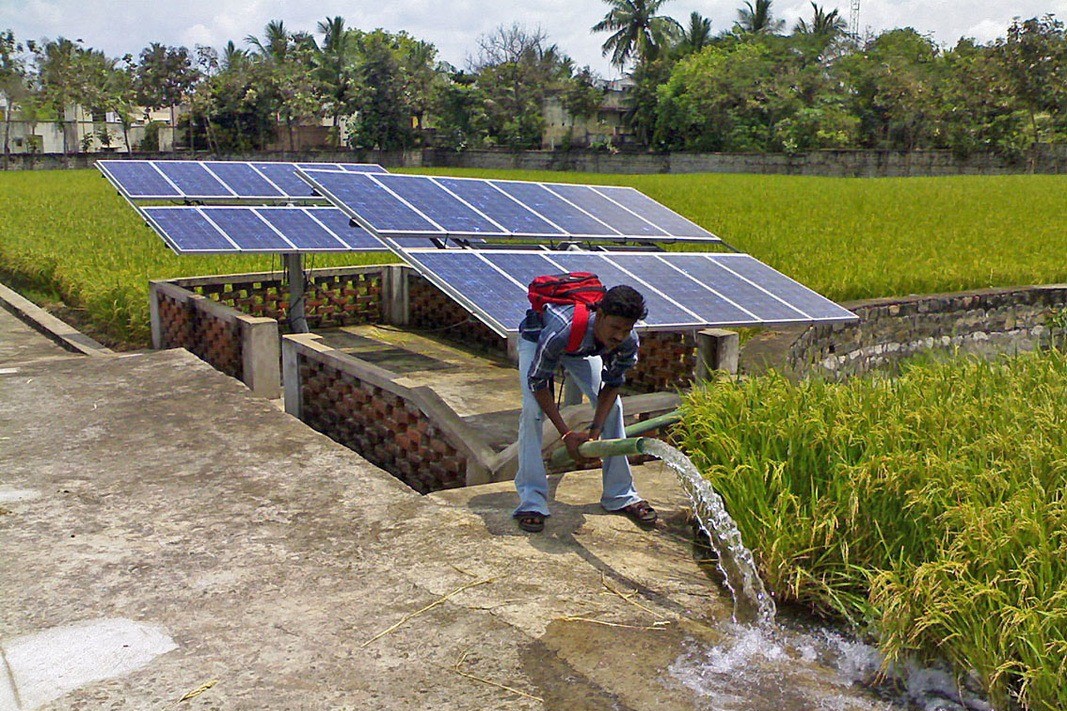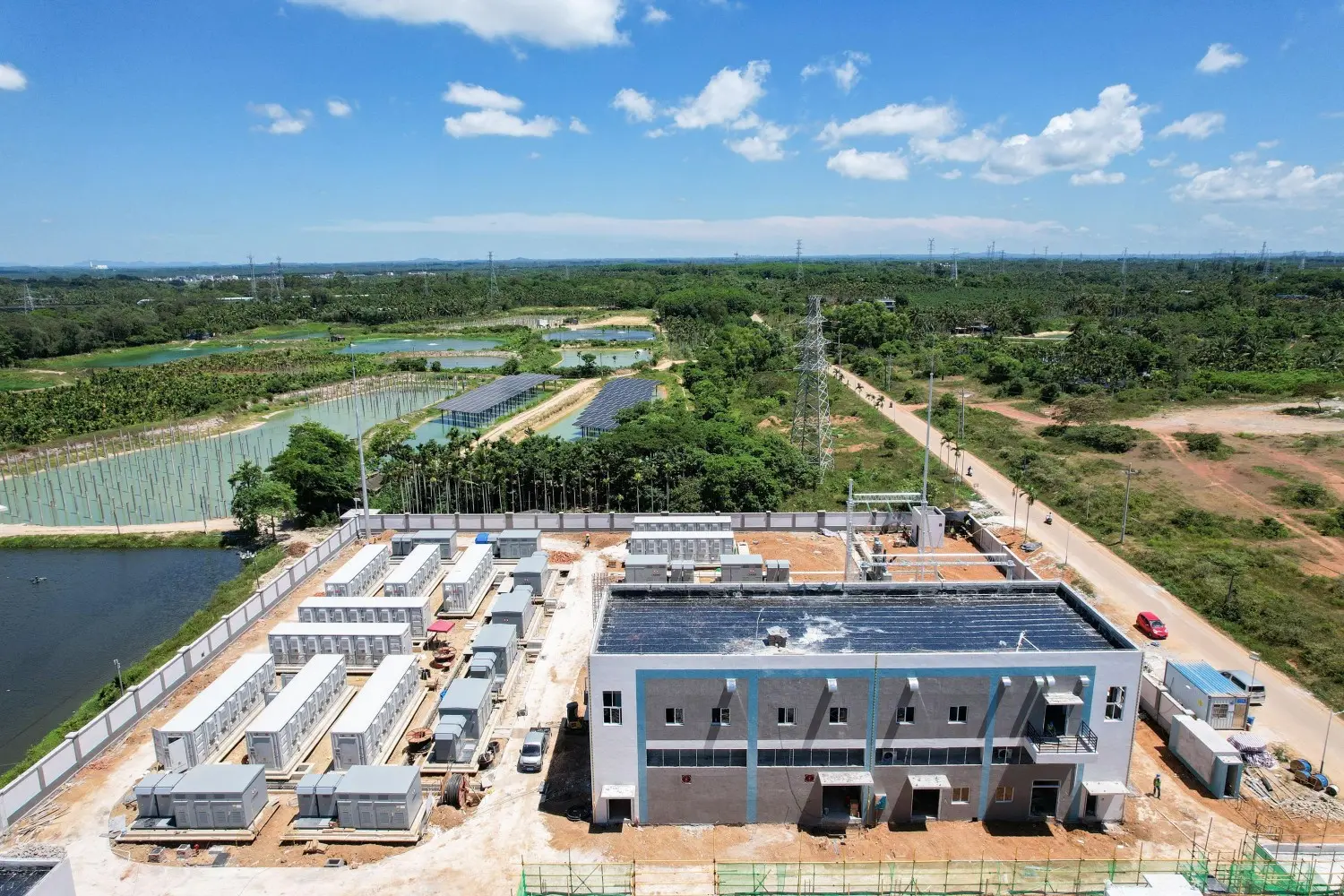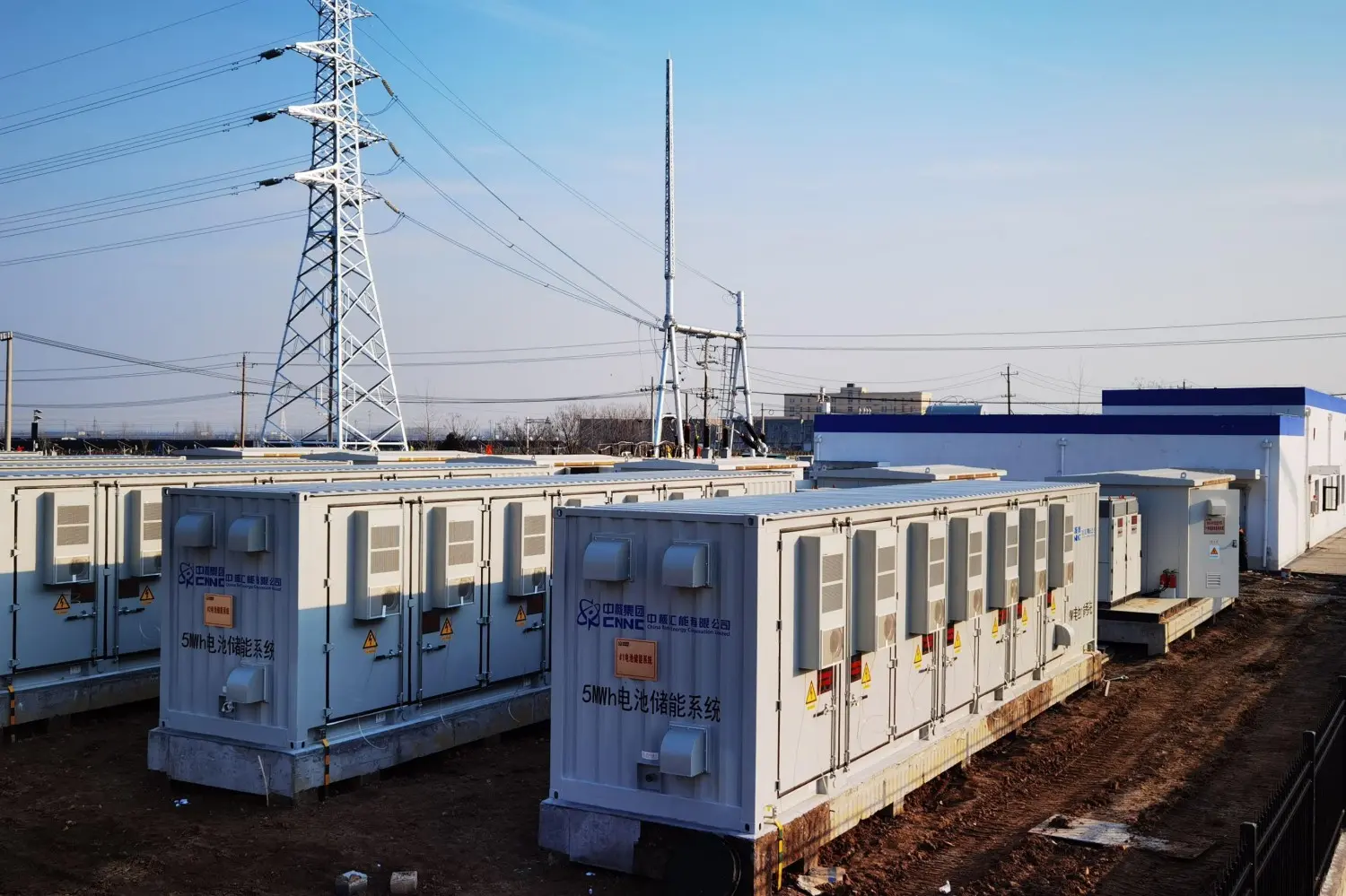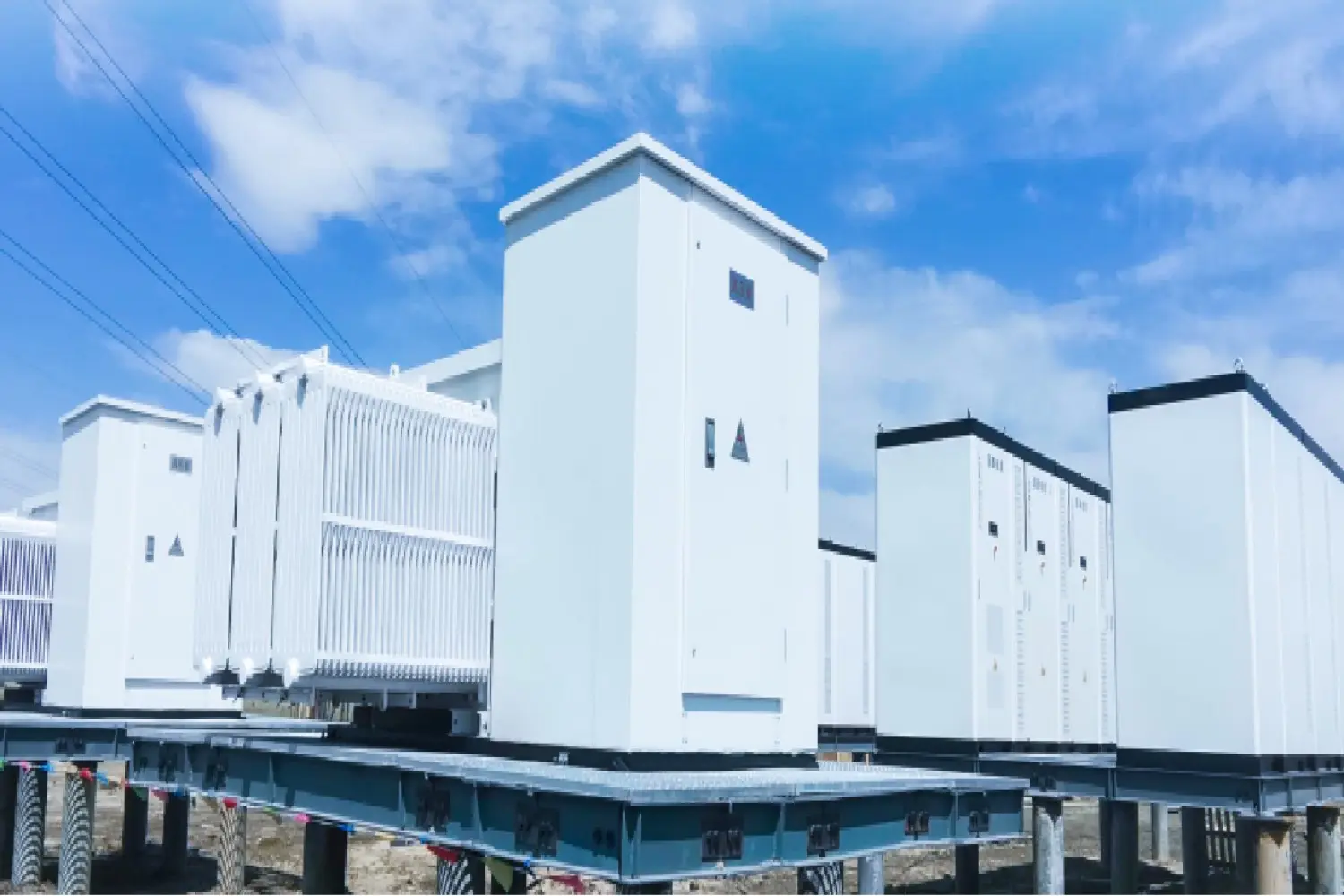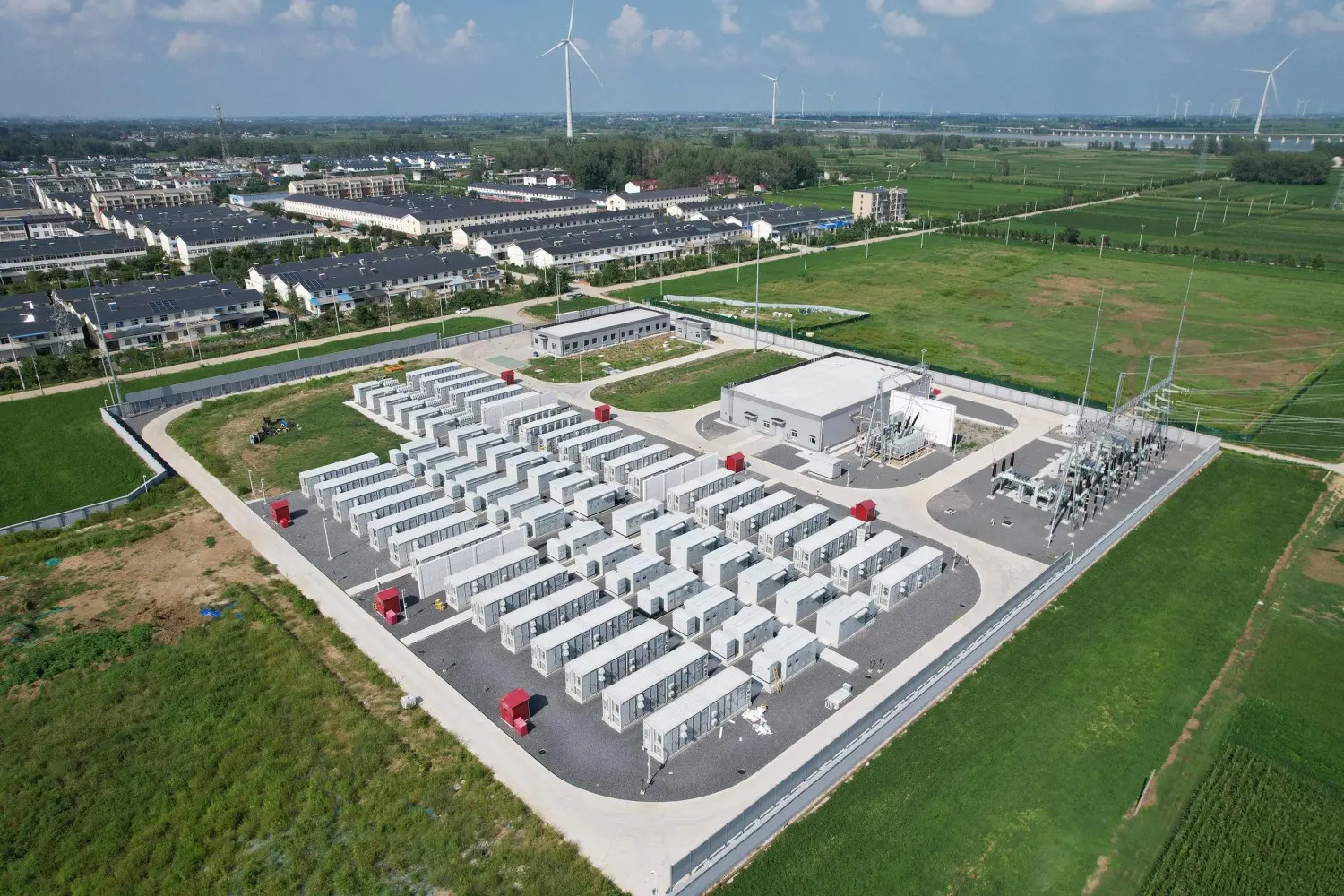Agrivoltaics for a Small Farm
Agrivoltaics for a Small Farm
Client: Family-Owned Organic Farm, Ecuador
Client’s Needs: Maximize land use by combining crop cultivation with solar energy production.
Challenges and Communication:
The client wanted a system that could power their irrigation and processing equipment while supporting agricultural activities. We proposed an agrivoltaics setup that optimizes sunlight for both crops and solar panels.
Final Configuration:
- System Size: 100KW Agrivoltaics System
- Features: Elevated solar panels allowing sufficient sunlight for crops and powering irrigation systems.
- Key Benefits: Dual land use, stable power for farm operations, and reduced energy costs.
The farm now benefits from clean energy while enhancing crop yields under the partial shade of solar panels, increasing overall efficiency and profitability.
Optimize your farmland and energy use with an innovative agrivoltaics solution. Contact us now to discover how we can help your farm grow sustainably!
Top 3 Things You Should Know Before Your Farm Goes Solar
Adopting solar energy for your farm can reduce energy costs, improve sustainability, and provide energy security. However, a farm’s unique energy needs and operational requirements demand careful planning. Here are the top three things to consider:
- Understand Your Farm's Load Capacity and Load Type
- Pumps and Motors:
- Pumps and motors are classified as inductive loads, which require significantly higher power (5–7 times the operating load) to start.
- Ensure your solar system and energy storage are sized to handle this startup surge without compromising performance.
- Seasonal Variability:
- Farms often experience fluctuating energy demands based on planting, harvesting, and irrigation seasons.
- Design the system to accommodate peak and off-peak periods efficiently.
Pro Tip: A professional load analysis will help you tailor the solar system to your farm’s specific needs.
- Assess Your Land or Rooftop for Solar Installation
- Space Availability:
- Determine if you’ll use rooftop areas (barns, storage facilities) or ground-mounted systems.
- For ground-mounted systems, assess the land’s availability, shading, and soil conditions.
- Material Durability:
- Rooftop installations should consider the roof material and weight-bearing capacity to ensure safety and durability.
- Dual-Use Potential:
- Explore agrivoltaics, where solar panels are integrated with crop production or grazing to optimize land use.
Tip: Solar carports for equipment or vehicle storage can also serve as an energy-generating solution.
- Choose the Right Solar System Type
- Grid-Connected or Off-Grid Systems:
- Grid-Connected: Suitable for farms with reliable grid access. You can offset electricity costs and sell excess energy back to the grid.
- Off-Grid: Ideal for remote locations but requires adequate energy storage to ensure uninterrupted power supply.
- AC vs. DC Coupling:
- AC Coupling: Flexible for adding battery storage to an existing grid-connected system.
- DC Coupling: More efficient and cost-effective for new installations, as it minimizes energy conversion losses.
- Energy Storage: Include batteries to store solar energy for use during nighttime or high-demand periods.
Benefits of Going Solar for Farms
- Cost Savings: Reduce electricity bills, particularly for high-consumption operations like irrigation and refrigeration.
- Energy Security: Mitigate risks from grid outages, ensuring smooth operations.
- Sustainability: Lower your farm’s carbon footprint and promote eco-friendly practices.
Work with MH Energy to design a custom solar solution for your farm. From managing high-power inductive loads to ensuring safe and efficient installations, we deliver solutions that empower agricultural operations. Contact us today!
Contact us now
To start your journey toward sustainable living!


